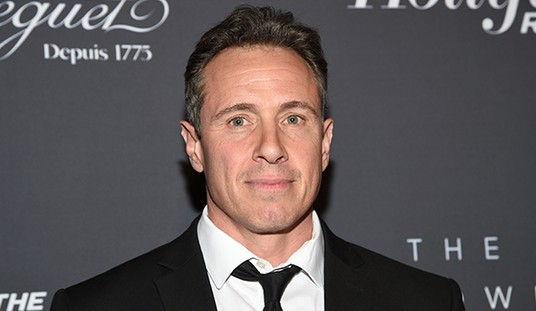As the GOP prepares to release its 2012 budget on Tuesday, news reports reveal that the document proposes more than $4 trillion in cuts over the next decade, along with spending caps and reforms to Medicare and Medicaid. It sounds like a serious, responsible effort to confront the problem of unsustainable government expense. How much of the plan actually becomes law, however, depends on how Republicans handle the hysteria that will characterize the Democratic response to it.
For those who follow politics, that response is entirely predictable: Democrats will denounce the proposal as an unconscionable, “extreme” and deliberate effort to afflict widows, orphans, minorities and other victims. If for no other reason than to convince their strongest supporters of their seriousness of purpose, talking heads and politicians on both sides will be tempted to ratchet up the rhetoric.
But if Republicans are truly serious about making real headway in curbing the expense and reach of government, they must resist the temptation to partake in political “drama.” The bigger the proposed reforms, the more their proponents must seem steady, stable and reasonable. Indeed, voters will respond favorably to significant and far-reaching changes only if those proposing them demonstrate that they are capable of strong, steady and calm leadership. Republicans must walk a careful tightrope – imbuing the discussion about the budget with a sense of urgency without projecting an air of crisis. That’s because, above all, the American people are sick of crisis and turmoil.
After all, it has been an eventful decade for the United States – and not in an entirely positive way. There was 9/11, followed by an increasingly unpopular and divisive war in Iraq. Then, in 2008, the country was hit by the worst economic downturn since the Great Depression. Hopeful that new leadership could turn things around, voters took a chance on the sanguine “No Drama” Obama; all they got was even higher unemployment, health care “reform” that they detest, skyrocketing deficits (February’s deficit alone was larger than that for the entire year of 2007), and, most recently, a strategically incoherent military foray into Libya.
Recommended
Now, Americans are confronted with a sickening sense that their power is slowly but inexorably ebbing. Whether it’s economic, with continuing high unemployment, mounting inflation and growing challenges to the dollar’s status as the world’s reserve currency; international, as the United States defers to France and England (and the mandates of the UN and Arab League) in the Libyan intervention; or even personal – with the new stream of government mandates emanating from the implementation of ObamaCare – the American people feel besieged. And stressed. They want leaders who will steer the ship of state toward calmer waters, not choppier ones.
That’s why Republicans should make every sensible effort to avoid forcing a government shutdown. Shutdowns – or at least the overwrought media coverage of them – ramp up drama and intensify a sense of crisis, rather than defusing it.
Instead, the GOP needs to start explaining – calmly, simply and confidently – why and how their policies are going to improve Americans’ lives. Republicans need to lay out the reasons that cutting and reforming now can and will avert a crisis for our children later. They need to clarify why, this time, it’s different than the ‘90’s, which started with Ross Perot denouncing the deficit and ended with a government surplus. They need explicitly to outline how our economic health and international power are interconnected.
Deep, honorable and well-founded apprehensions about the direction of America spurred the birth of the Tea Party. But if independent or apolitical Americans are offered nothing but a diet of fear and crisis from Republicans and Tea Partiers, they will be ripe targets for the “ostrich” strategy that’s all the Democrats have to offer – wherein the United States simply ignores the scope of the challenge facing all of us while the politicians continue to spend, spend, spend.
At the heart of effective leadership is the understanding of when to use power, and how. In less serious times, political theatrics may be effective in attracting the attention of a complacent electorate. But in serious times – like these – anxious voters want representatives who project resolve, calm, concern for the common good . . . and the cheerful, steadfast confidence that, working together, Americans are quite capable of overcoming any crisis that confronts us.

























Join the conversation as a VIP Member